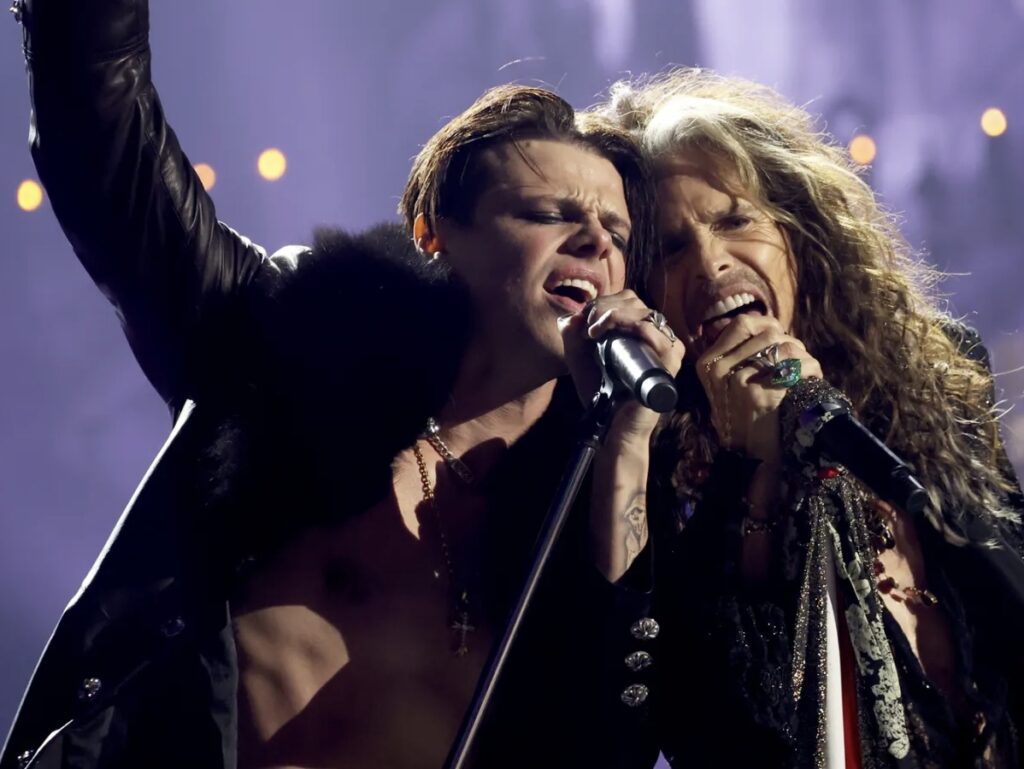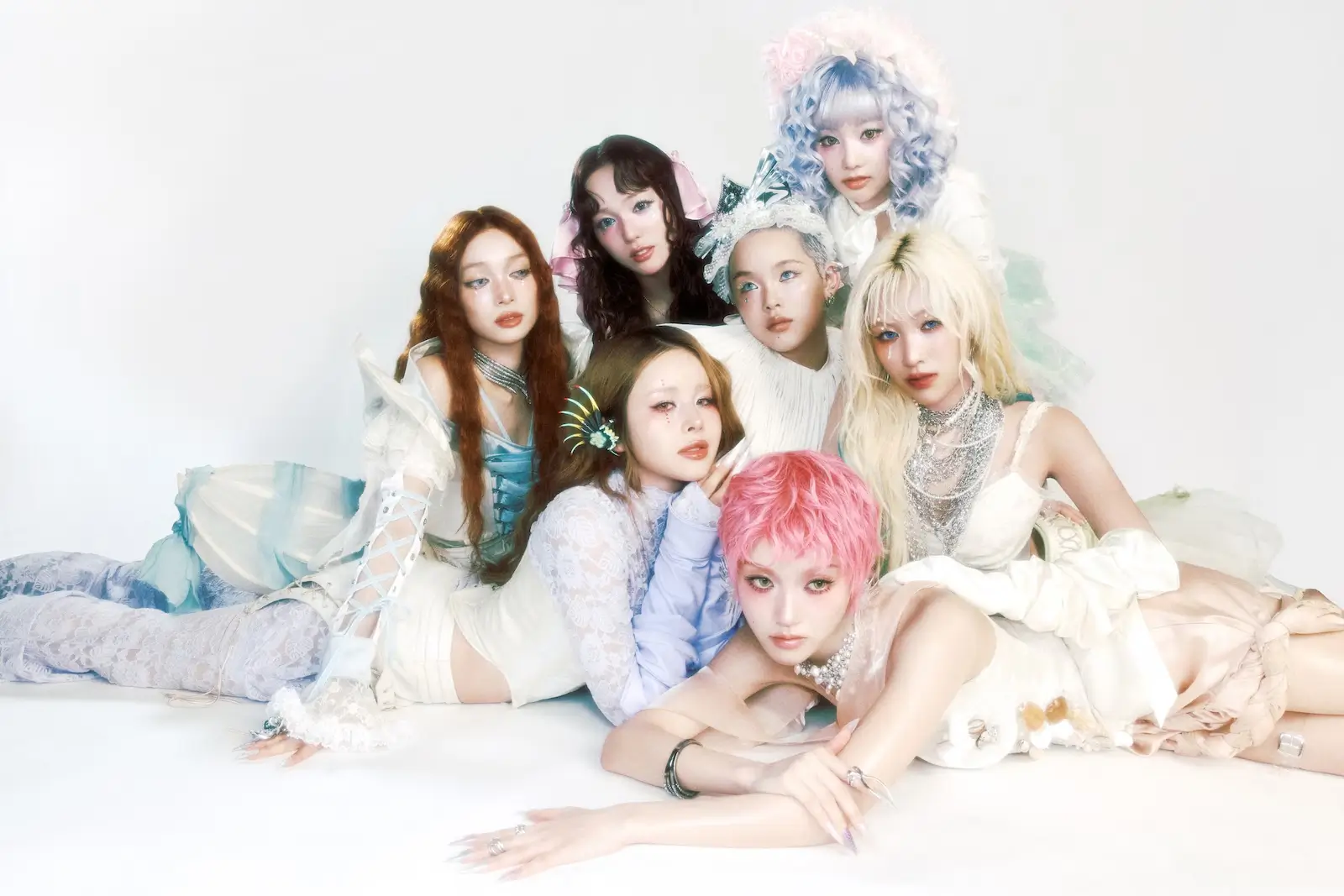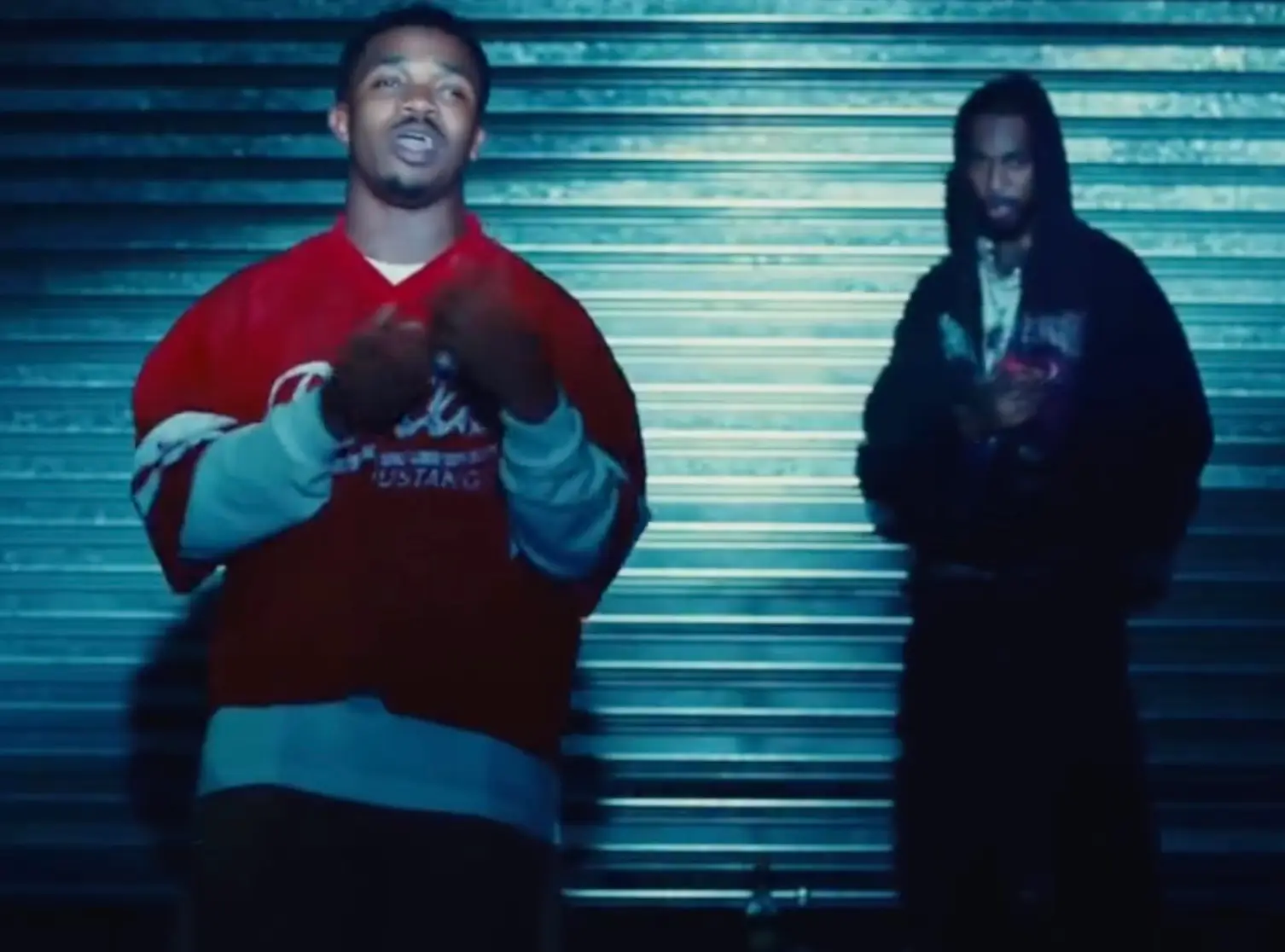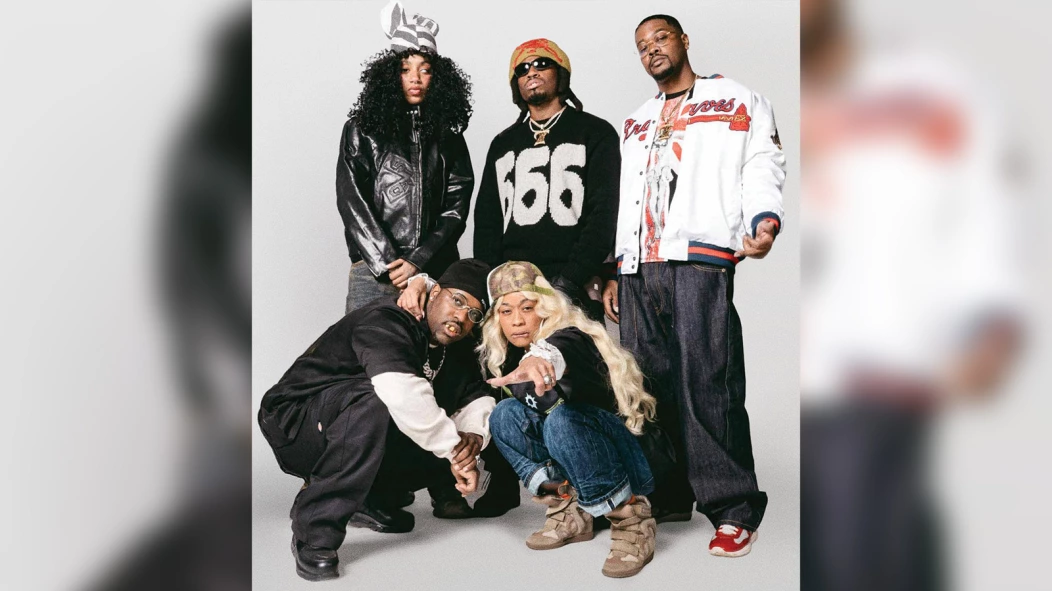In an age when music is constantly being remixed, repurposed, and redefined, it takes something special to feel both timeless and new. Aerosmith’s flow with Yungblud on “My Only Angel” is exactly that kind of release. It is more than just a single—it’s a conversation between generations, a reminder of rock’s past glories refracted through the lens of today’s youth culture.
Nostalgia in the Arrangement
For Aerosmith, the track is a return to form. After years away from releasing new music, Steven Tyler and Joe Perry prove they still understand the craft of a song that feels cinematic in scale. The opening bars, with Tyler’s voice raw and exposed against sparse piano, could have come from any of their classic ballads. Then the drums kick in, the guitar licks start to bite, and suddenly you’re pulled into a soundscape that feels unmistakably Aerosmith. Nostalgia is stitched into the DNA of the arrangement, yet it avoids being a tired throwback.
Enter Yungblud, who gives the record its vitality. His voice, full of youthful urgency and restless energy, intertwines with Tyler’s in a way that blurs the lines of time. Their harmonies are at once haunting and electric, sometimes indistinguishable, as if they are two incarnations of the same restless spirit. Yungblud’s presence ensures the track doesn’t just look backward. Instead, it brings a modern sensibility, reminding younger audiences that the core themes of love, regret, and longing never age.
Lyrical Depth and Timeless Themes
The lyrics themselves lean heavily into the timeless territory of rock storytelling: longing for connection, wrestling with the idea of departure, clinging to the notion of a fragile yet eternal bond. Lines like “Will you cry if I called you my angel?” echo the vulnerability found in Aerosmith’s greatest hits, from “Dream On” to “I Don’t Want to Miss a Thing.”But Yungblud’s delivery keeps them from sounding dated. His phrasing, accented with a contemporary edge, gives these words relevance in a culture defined by fleeting connections and the search for something genuine.
What makes “My Only Angel” work is its balance. The guitar solo, for instance, is vintage Joe Perry—expressive, fiery, unapologetically indulgent. But the production polish, with its clean layering and subtle digital sheen, roots it firmly in 2025. The old textures are honored, but the mix is tailored for streaming platforms and today’s hi-fi earbuds. It’s nostalgia without being stuck in the past, modernity without losing soul.
Hustle
The flow also highlights a larger truth about the music industry: legacy acts like Aerosmith no longer have to simply rest on their laurels, and younger artists like Yungblud don’t have to rebel against the old guard. Together, they can create something that bridges eras and fan bases. The song doesn’t feel like Aerosmith trying to stay relevant, nor like Yungblud borrowing credibility. It feels mutual, a meeting of equals across time.
In the end, “My Only Angel” resonates because it taps into the universal pull of memory while demanding attention in the present moment. It is proof that nostalgia, when handled with respect and reinvention, isn’t about looking back—it’s about carrying the past forward into something that still feels alive.
No comments yet.








